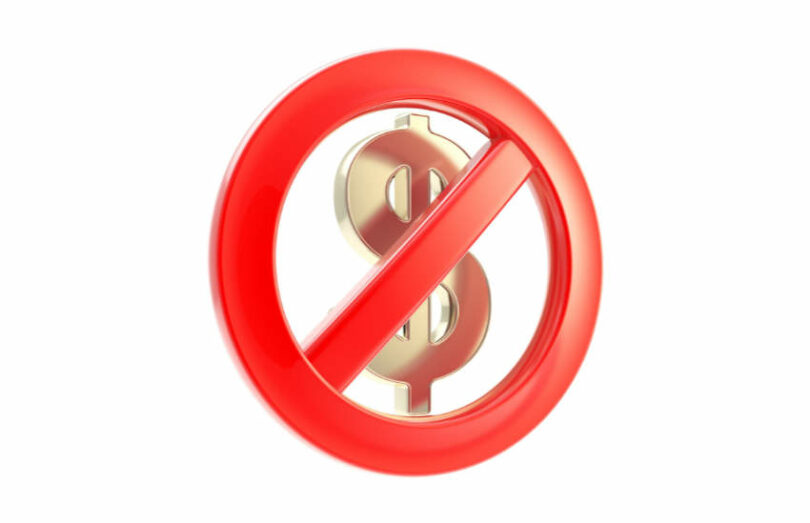Last month, Republican Congressman Alex Mooney introduced the “Digital Dollar Pilot Prevention Act” to stop the Federal Reserve from “establishing, carrying out, or approving a program intended to test the practicability” of a central bank digital currency (CBDC). The bill has already received some support from House Republicans and conservative advocacy groups, and this week, it was also endorsed by the National Association of Federally-Insured Credit Unions (NAFCU), a trade organization representing more than 180 members.
Credit unions oppose CBDC
NAFCU is an industry trade group that advocates for all federally-insured not-for-profit credit unions. A recent letter noted that the organization “is concerned that the costly trade-offs are very likely to exceed hypothesized benefits of a CBDC,” presumably referring to the impact of a digital dollar on the banking and credit union sectors.
Many banks fear that if the Fed introduces a retail CBDC, they will face increased competition for deposits from an institution that also regulates them. This could increase the risks of crowding out banks and facilitate future runs because switching to a government-backed CBDC will be easy.
However, unlike banks, credit unions are not supervised by the Fed but by the National Credit Union Administration, which acts as an independent regulator. While many banks worldwide have played down their reservations, the credit union is freer to oppose a CBDC because it does not contradict the wishes of its regulator.
The “Digital Dollar Pilot Prevention Act”
Many U.S. Republicans have long opposed a federally-issued digital dollar, citing major privacy concerns stemming from the risk of future government surveillance. Some have even introduced legislation at the federal and state level to curb the Fed’s efforts to design and implement a CBDC.
Bill H.R. 3712, as the Pilot Prevention Act is officially known, may also be interpreted as another such measure. The cosponsors argue that the Fed does not have the authority to issue a CBDC without approval from Congress and that the ongoing pilot program represents a fundamental breach, noting that projects have gone “beyond traditional research” and that CBDCs could also be used to monitor people’s transactions.
“Congress cannot give an inch when it comes to CBDCs,” said Rep. Mooney on May 26. “CBDCs would threaten the liberties of law-abiding Americans and are being used by authoritarian countries right now to crack down on dissent. That’s why closing this pilot program loophole is so important—to prevent the Federal Reserve from bypassing the will of Congress.”
The Fed has previously stated that any form of retail CBDC will need to be approved by Congress, but this has not calmed Republicans’ concerns.







